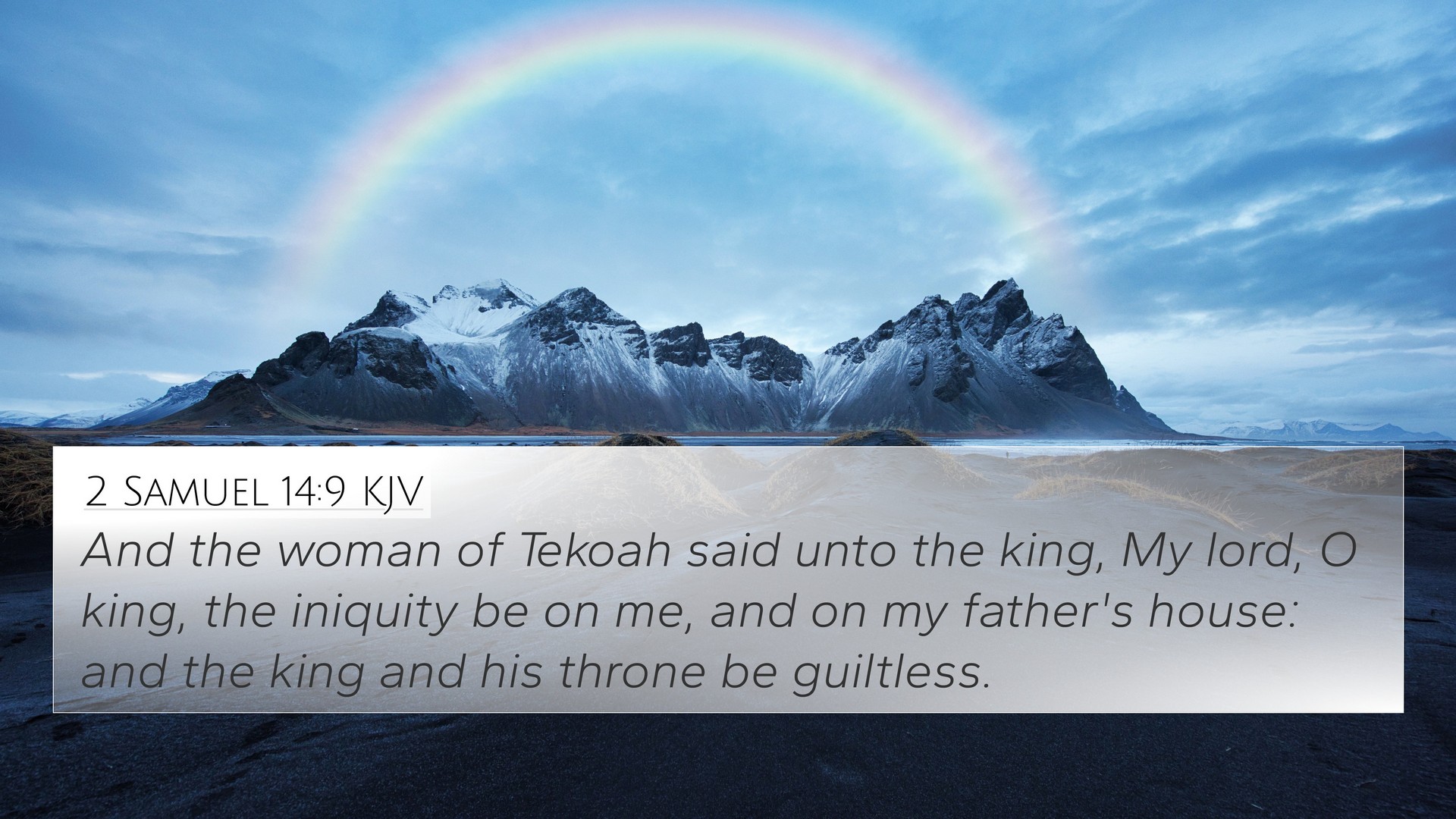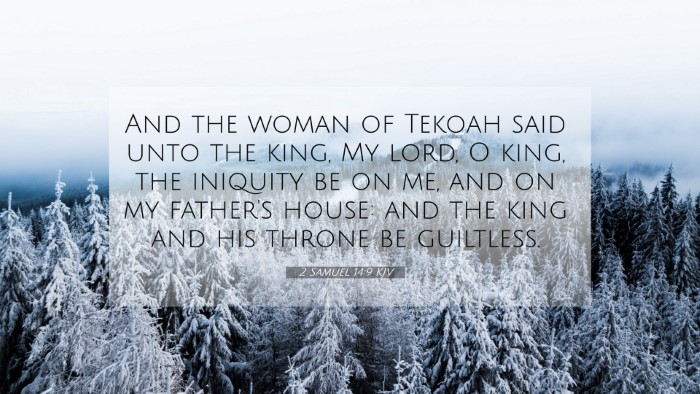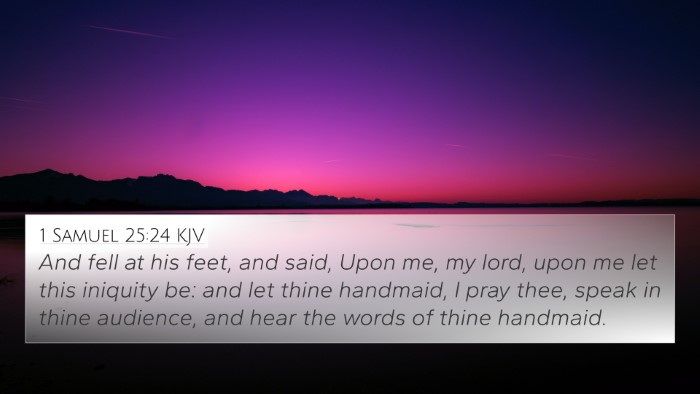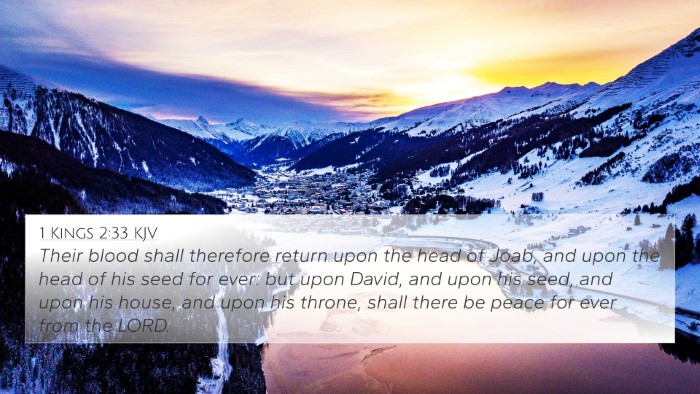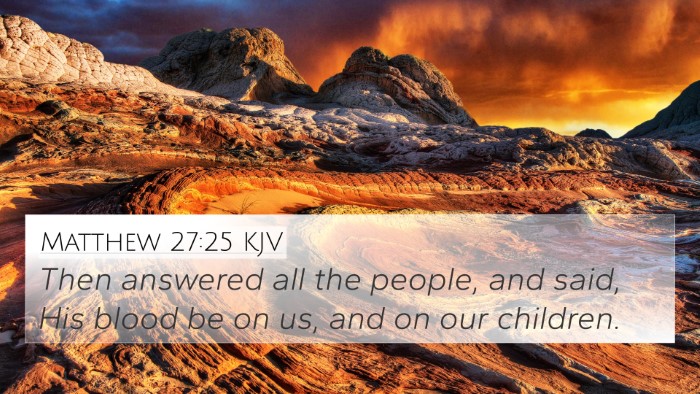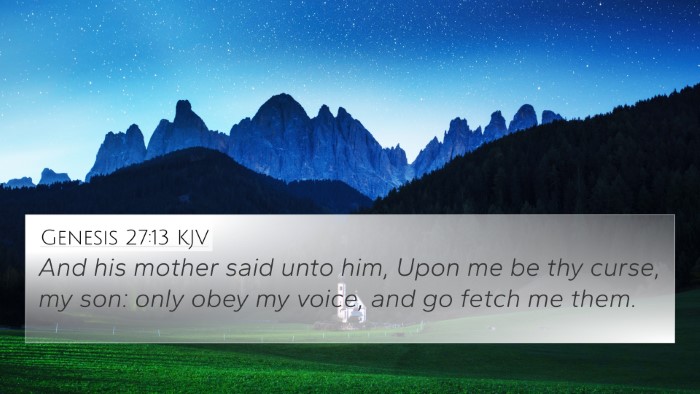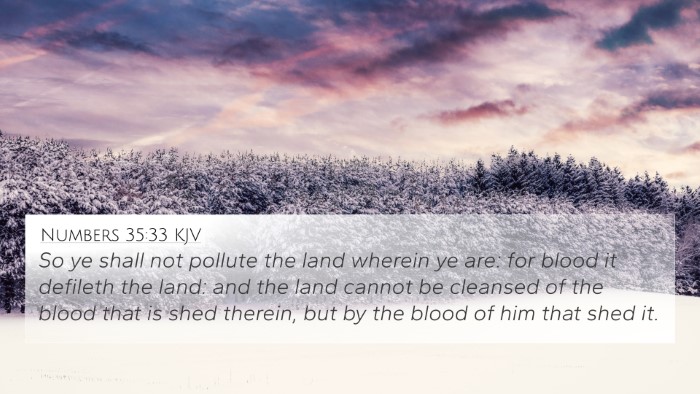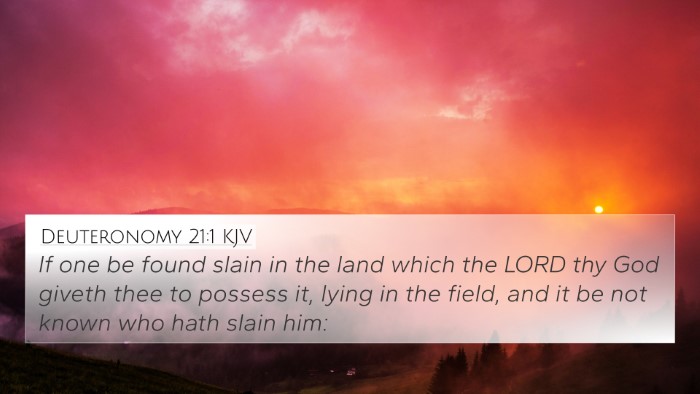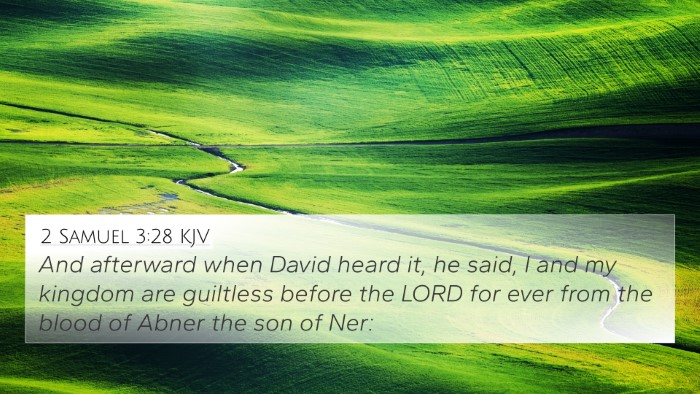Understanding 2 Samuel 14:9
2 Samuel 14:9 states, "And the woman said unto the king, My lord, the iniquity be on me, and on my father's house: and the king and his throne be guiltless." This verse is part of a poignant dialogue between King David and a wise woman from Tekoa, sent to persuade David to bring his estranged son Absalom back to Jerusalem. This verse encapsulates themes of guilt, responsibility, and intercession.
Key Themes from 2 Samuel 14:9
- Intercession and Mediation: The woman acts as a mediator, highlighting her own iniquities to protect the king’s reputation.
- Leadership and Responsibility: David's responsibility as a king is to maintain justice and righteousness.
- Family and Restoration: This verse alludes to the restoration of familial relationships, evident in the context of Absalom's return.
- Public vs. Private Guilt: The woman identifies her personal sins while exonerating the king, suggesting a distinction between individual and collective guilt.
Insights from Public Domain Commentaries
Matthew Henry's Commentary: Henry emphasizes the role of the woman as a representative figure who uses her personal plight to appeal to the king's emotions. She embodies the theme of seeking mercy and restoration. Henry describes her speech as both clever and courageous, showcasing the depth of her insight in navigating royal complexities.
Albert Barnes' Commentary: Barnes notes the significance of the woman's declaration that the iniquity is on her and her father's house. He suggests this establishes her position of humility and contrition. Barnes points out that her approach aims to prompt David to reflect on his own familial responsibilities, thereby connecting her narrative to the broader theme of David’s relationship with his children, especially Absalom.
Adam Clarke's Commentary: Clarke offers an analysis of the socio-political implications of the woman's plea. He argues that by placing the blame on herself, she effectively shields the king from accusations of injustice. This reflects the intricate dynamics of power and loyalty within the monarchy. Clarke also emphasizes the need for the king to recognize and address his familial conflicts rather than allowing division to fester.
Cross-Referencing Related Bible Verses
To fully appreciate the implications of 2 Samuel 14:9, here are several cross-referenced verses that enhance its meaning:
- 1 Samuel 16:7: Highlights God’s view of the heart, pertaining to understanding inner intentions over outward appearances.
- 2 Samuel 13:37-39: Discusses Absalom's tumultuous relationship with David and the resulting estrangement.
- Psalms 51:3: David’s acknowledgement of his own sinfulness, paralleling the woman's confession of guilt.
- Romans 15:1: Speaks to the responsibility of the strong to bear the weaknesses of the weak, relating to the woman’s intercession on behalf of her family.
- Galatians 6:2: Encourages bearing one another’s burdens, reflecting the communal aspect of guilt and responsibility.
- Matthew 5:23-24: Relates to the importance of reconciliation within relationships, underscoring the need for David to resolve his issues with Absalom.
- James 5:16: Suggests the power of confession and prayer within a community, aligning with the woman’s act of laying her iniquity before the king.
Exploring the Connections
The woman’s approach to David in 2 Samuel 14:9 creates an inter-biblical dialogue that resonates with themes of repentance, responsibility, and restoration throughout Scripture. Her humility and willingness to bear guilt on behalf of her family echo throughout the theological landscape of the Bible, providing rich material for comparative Bible verse analysis.
Implications for Modern Readers
Understanding the implications of 2 Samuel 14:9 can empower believers today to approach situations involving guilt and responsibility with humility. It emphasizes the importance of seeking restoration in relationships while navigating the complexities inherent in family dynamics and leadership.
Conclusion
2 Samuel 14:9 serves as a compelling example of the intricate interplay between individual sin and community responsibility. The insights drawn from this verse, combined with the wisdom of notable commentaries, reveal the depth and nuance found in the biblical narrative. By engaging with the text through cross-referencing, readers can discover the broader implications for their spiritual lives and interpersonal relationships.
